Inferno Canto 10
OVERVIEW
Jonathan Reimer is the John H. Van Gorden Assistant Professor of History in the Templeton Honors College at Eastern University. He studies the intersection of politics, religion, and society at the English Reformation, and his writing has appeared in The Journal of Ecclesiastical History and First Things.
Questions for Reflection
- The sixth circle of hell is dedicated to the punishment of Heresy, a vice of the intellect and the will: it is obstinacy in error. There Dante meets the souls of the Epicurean philosophers who live eternally in burning tombs for having denied the immortality of the soul. Why would this intellectual vice be the first (even foundational) sin for the city of Dis?
- How, by way of contrast with the damned we encounter in this canto, does believing in the immortality of the soul and the resurrection of the body grant the human person an eternal dignity that can and should be reflected in our shared life together?
- For Dante, sin involves some kind of distortion, disordering, or misapplication of love. The loves of the damned are often good things, but good things that have been bent out of shape and have become disproportionate to justice, often squeezing God out of the picture. How does Farinata’s patriotism and Cavalcante’s filial love, together with their heretical beliefs, contribute to their damnation? If the soul dies with the body, what does that mean for political and familial relationships?
- The damned can know the past and the future but they don’t know the present. According to Mary Carruthers, the souls in Inferno cannot form new memories because they are deprived of their (physical) bodies; the damned are stuck in their “recollected pasts.” How do we see this phenomenon at play in Dante’s meeting with Farinata and Cavalcante?
- What does the inability to form new memories in hell mean for the possibility of interpersonal relationships among the damned and what does this mean for what we should expect for the social life of the city of Dis?
DETAILS
- Jonathan Reimer
- Templeton Honors College
- Run Time 12:06








